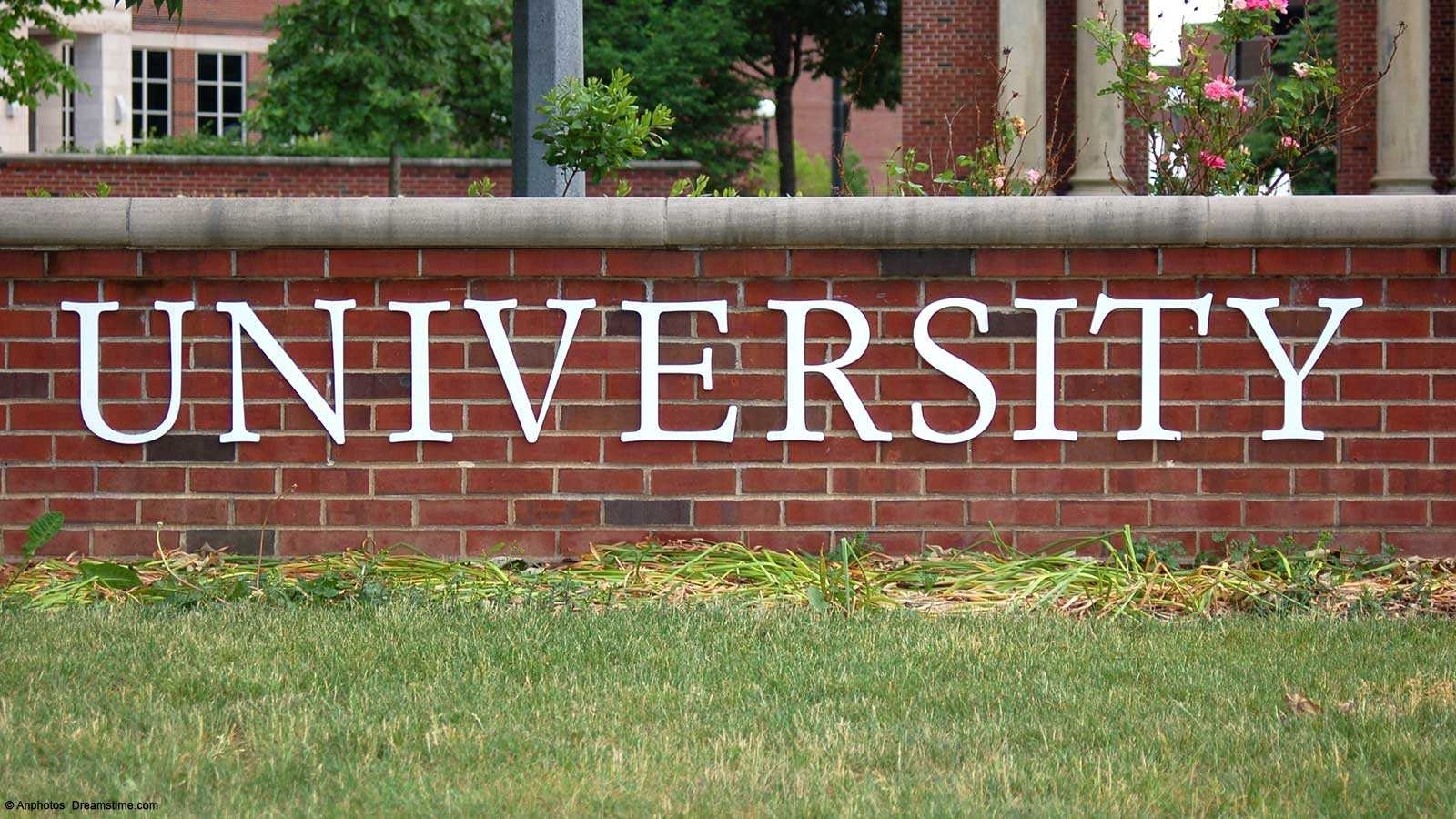
TOPICS:
From Harvard Yard to Southern Charm
Sep 15, 2025 / Written by: Gary Isbell
Students Flee in DEI Exodus
What is it about major universities in the South that is drawing so many top students to enroll? They are much freer from the effects of toxic DEI and woke programs than their elite Ivy League counterparts.
This shift is occurring because elite northeastern universities have invested significantly more in ideological extremism. These schools have been cited for their anti-American, anti-Christian DEI-driven agendas. Meanwhile, Southern colleges are increasingly replacing these institutions that once set the standard for elite education.
Suddenly, Southern schools are gaining prestige among the overachieving high school graduates. Thus, they have become increasingly selective in their admissions. According to Zachary Marschall, adjunct assistant professor of arts administration at the University of Kentucky, “From 2014 to 2024, Auburn University’s freshman-class acceptance rate decreased from 85 percent to 46 percent; Clemson University’s dropped from 52 percent to 38 percent.”
Even the South’s most selective institutions mirror this trend: “Rice University’s acceptance rate dropped from 14 percent to 8 percent; Emory University’s declined from 26 percent to 15 percent.”1
The DEI Disaster at Elite Schools
The harmful effects of DEI initiatives have taken a heavy toll on Ivy League schools. Harvard’s recent Supreme Court loss over race-based admissions showed how these programs undermined the core of merit-based education. Meanwhile, Yale’s $57 million settlement with the Department of Justice for discriminatory admissions practices underscored the legal and financial consequences of prioritizing ideology over objectivity.
At Columbia, DEI-trained administrators stood by either helplessly or complicitly, as anti-Semitic mobs terrorized Jewish students, ultimately costing the university $221 million in settlements. These are the predictable consequences of institutions that prioritize Marxist activism over education.
As a result, the number of northeastern high school students attending Southern colleges has nearly doubled over the past 20 years, driven by lower costs and campus cultures that are more supportive of Christian values and prioritize education over ideological indoctrination.
The Return of Common Sense
Young people are choosing Southern universities because many of them are run by adults who understand that education should prepare students for productive careers, not activist ones.
Such institutions adopt a refreshingly practical approach that draws students seeking genuine learning without the far-left extremism that is such a blight on many campuses. Administrators are more likely to make decisions based on effectiveness rather than appeasing radical Marxist minorities.
Pragmatic Leadership Produces Results
Common-sense governance encourages leaders to act decisively in protecting students and ensuring normal campus operations.
An example of this is when the University of Kentucky quickly dismissed a professor who started an online petition calling for international warfare against Jews. Compare this swift action to Columbia University, which tolerated this kind of harassment.
The University of Florida and University of North Carolina systems exemplify the same approach, maintaining some of the strongest records of enforcing DEI bans and strengthening campus safety against disruptive protesters. These policies don’t just alter bureaucratic procedures—they change entire campus cultures.
At the University of Florida, President Ben Sasse promptly enforced zero-tolerance policies against campus antisemitism after October 7.
Education Over Activism
When Southern university administrators oppose the weaponizing of education, prospective students are attracted because the outcomes provide positive visions of campus life, academic success and post-graduation achievement. When education turns into activism, it loses its purpose—period!
Texas, Florida, and Tennessee have also invested heavily in strengthening civics and classical education at their state universities—efforts that focus on preparing students for success in life rather than grievance activism.
Students cited their reason for attending as a pursuit of goodness, truth, connection, and genuine discovery in a society overwhelmed by hyperpolarization, which motivated them to attend these schools that support Christian values.
Elite Schools Reap What They’ve Sown
Northeastern elite colleges wrongly believed that allowing Marxist social-justice activism would reinforce their woke credentials with the establishment. Instead, this strategy has precipitated their decline in reputation, relevance and income—a decline they thoroughly deserve.
These institutions suppressed rational debate, marginalized conservative viewpoints, and normalized harmful ideologies by prioritizing political correctness over academic excellence. Now they face the consequences as families choose institutions that educate rather than indoctrinate.
Footnote:



